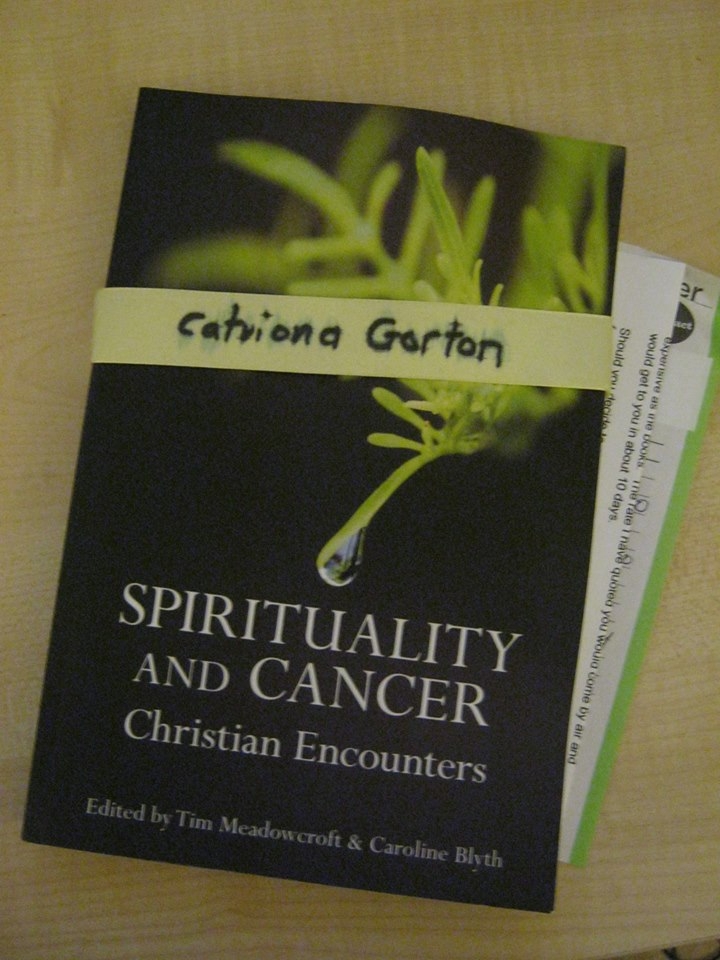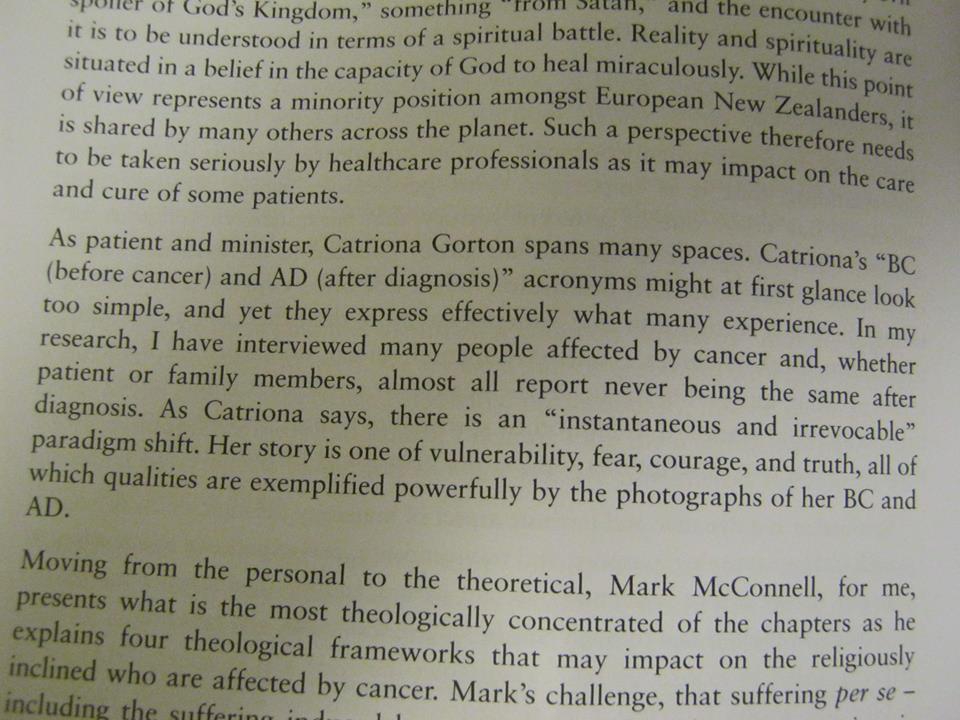This slightly strange coalition, of UK-wide Methodists and URC, English (plus parts of Wales and three churches in Scotland) Baptists and the Church of Scotland, that is the Joint Public Issues Team, has just released this on Syria... (copied from JPIT website)
The Baptist Union of Great Britain, the Church of Scotland, the Methodist Church in Britain and the United Reformed Church have released a joint statement on military action in Syria:
Our churches: –
- Express our abhorrence of the actions of ISIS/Daesh in Syria and their support of terrorist actions elsewhere and bring before God in prayer all victims of recent terrorist attacks and the families and communities affected by these atrocities
- Are grateful for the vital work of the security services in the UK in suppressing acts of terrorism
- Note that regional partners and Syrian factions have differing and contrary interests and welcome the efforts of the Vienna peace process to gain agreement on an approach to countering terrorism and to search for a way forward for the political process in Syria
- Are convinced that Daesh can only be defeated through a comprehensive economic, diplomatic and security strategy that has the involvement of all partners in the region and the full support of the UN Security Council
- Assert that aerial bombing is unlikely to have a decisive role in defeating Daesh and that even the use of precision weaponry is likely to cause civilian casualties and trauma within communities
- Urge the UN Security Council to call to account all parties in Syria who have committed crimes against humanity and call on the UK and its allies to avoid security strategies that are based on a reliance on those same militias
- Suggest that any military support from the UK in Syria be contingent on a clearer endorsement by the UN Security Council that is unambiguous as to the legal basis for intervention
- Call on our members to continue to pray for all who suffer as a consequence of more than four years of conflict, including refugees in the region and in Europe and also for those tasked with negotiating solutions and bringing security
- Call on our members to reach out in love and solidarity to members of other faith communities, to challenge the divisive rhetoric that sets communities apart and to show the love of Christ by building bridges where there are fractures.
The wider context of our opposition to Daesh and others who promote terror
The Christian gospel has at its heart the assurance of a loving God who acts justly and directs all people in the way of peace. Throughout the Middle East, Christians are acutely aware of how difficult it is to maintain physical peace and security when sectarianism is rife and arms are easily acquired. In Syria Christian communities who can trace their histories back through many centuries have been forced out of their villages and are displaced within Syria or have sought refuge in other countries. ISIS/Daesh has destroyed historic Christian and other buildings in an effort to remove symbols of cultural and religious diversity and peaceful co-existence, to which they are opposed.
The tragedy of the attack in Paris is shocking in its scale as is the scale of the suffering in Syria where to date 250,000 have been killed, 7 million internally displaced and a further four million forced to seek refuge in Jordan, Lebanon and Turkey.
Our churches eschew all forms of intolerance and hatred and urge that measures taken to overcome the intolerance demonstrated by Daesh must also seek to promote values that we hold dear.
Countering Terrorism
The terrorist threat will not be eliminated by conquering Daesh in Syria but, sadly, is likely to remain with us for the foreseeable future.
Daesh’s call for Jihad against some Muslim groups and Western nations has found fertile ground among a few people within our own communities. The threat of terrorism is very real and our hearts go out to families of those in Russia, France, Beirut, Tunisia and elsewhere who have been killed in terrorist attacks over the past year. We are grateful for the important efforts of the security services in our own country as they act to keep us safe.
Ultimately a more vigorous campaign across the Middle-East as well as in our own country is vital to counter the ideology of Daesh and the propaganda that endorses religious and sectarian violence. Western military intervention in the Middle East is unhelpful in that it makes sharing on matters of peace, equality and the common good more challenging. The assertion that UK military intervention in Syria will reduce the terrorist threat to the UK therefore requires significant qualification.
Defeating Daesh
Countering the threat of Daesh in Syria will require action on a number of fronts. Gulf States must prevent the flow of money and people across the border. There needs to be further effort on the part of Turkey, Jordan and Kurdish authorities to prevent the export of oil that earns Daesh revenue of millions of dollars each week.
Even with a more cohesive regional cooperation in these areas it seems unlikely that Daesh could be removed from the urban centres that it currently holds without some form of military action. Even while under pressure from coalition air power, Daesh has made advances this year in predominantly Sunni areas, including large parts of Anbar province in Iraq and Palmyra and the approaches to Aleppo in Syria. Defence experts have advised that in a city such as Raqqa, with a population of 350,000 people, air strikes have a limited role. However precisely they are targeted the use of explosive weapons in populated areas always entails substantial risk. In recent weeks airstrikes have hit a Daesh school killing children, exploded in a market place and destroyed water systems and other infrastructure on which communities rely. Our churches urge that protection of civilian populations must be at the forefront of a response to this conflict. In populated areas the military utility of aerial bombing is limited by the vital restraint that is necessary in order to avoid collateral effects. It is likely that the UK’s involvement in a military action in Syria would inevitably associate our nation with the civilian cost of this conflict even if the UK’s rules of engagement or the characteristics of our weaponry differ from that of other partners.
These are issues that will exercise politicians and military strategists and that their careful evaluation requires expertise but nevertheless our Churches express deep concern regarding the tremendous humanitarian cost associated with aerial bombing in the context of the confused situation in Syria.
The lack of an international consensus on a strategy for military intervention
The UN Security Council when passing resolution 2249 did not invoke Chapter VII of the UN Charter that is often used to authorise multilateral intervention. The legality of the intervention is presumed to be on the basis of “individual and collective self-defence”. The lack of a clear direction on the part of the Security Council reflects the differences between Russia and the United States on the role of the Syrian Government in granting permission for an intervention or indeed the Syrian Army in contributing to the intervention.
The Foreign Affairs Committee published a report of an inquiry into the extension of offensive British military operations to Syria shortly before the UN Security Council passed resolution 2249. The report of the inquiry states that achieving agreement on a Security Council resolution would be difficult but would be desirable for more simply legal reasons as it would require negotiation between all parties and compromise to achieve an agreed response.
The Security Council has succeeded in agreeing a resolution that provides some measure of legal sanction for intervention although the legal grounds are still contested. But significantly this resolution demonstrates that Russia and the US coalition have not yet been able to resolve the issue of the future role of the Assad-led Syrian Government or identified which groups in Syria are allies or opponents. Similar differences exist between the United States and Saudi Arabia, Turkey and Qatar.
There is still much diplomatic work to be done to address the fundamental differences around which groups should have a role in guaranteeing Syria’s future security. There is a danger at this stage that the UK could be drawn into an extended military campaign that only adds to the cycle of violence and struggles to maintain regional and international support.
Building a stable future
Further conflict in Syria is likely to result in more deaths of civilians. Fighting in Aleppo and other large cities would most likely cause an exodus of 10,000s of people. Jihadi groups are seeing growth in their numbers at the expense of more moderate factions. The continued extensive humanitarian suffering demands that Government and opposition factions are brought together to negotiate an end to the fighting and to work on achieving a viable political process. Regional powers along with the United States and Russia must make this a priority as countering extremism requires a focused effort and coherence on the part of all factions.
The UK Government has provided substantial financial support for refugee programmes in the region. The G20 summit in October 2015 considered a call for the creation of a Regional Growth and Stabilization Plan to help those countries most affected by the refugee crisis to mitigate the impact of the crisis on their economies, health systems, and social services. Such a programme would help to increase stability in the region. Our churches have also called on the Government to increase its commitment to the resettlement in the UK of vulnerable Syrian refugees.
2 December 2015

